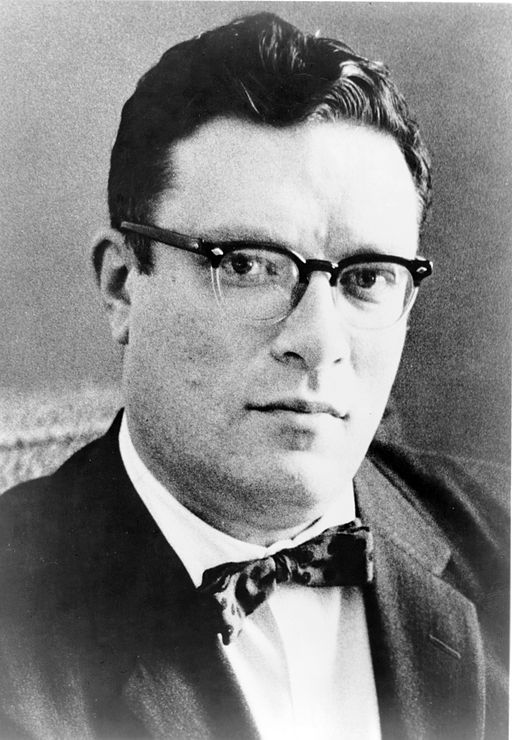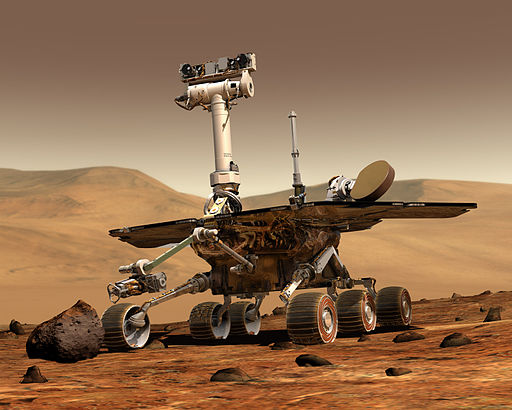
Image courtesy "New York World-Telegram and the Sun Newspaper Photograph Collection"/Taken by Phillip Leonian via Wikimedia Commons
Exactly 49 years ago The New York Times magazine published an article that told everyone what American technology would be like by 2014, and for the most part, it was right.
It was Isaac Asimov, the bespectacled biochemistry professor at Boston University and science fiction writer who foretold the invention of the smartphone, the arrival of Curiosity on Mars, and that Tofurky would be a thing.
It's pretty ironic that an article detailing the origins of our current technological landscape was written on Aug. 16, the same date when Jobs hits movie theaters nationwide.
The trailer for the Steve Jobs biopic calls Jobs "the original visionary." Yet that title might be more apt for Asimov once you take a look at his 1964 article, "Visit to the World's Fair of 2014."
Then again, we did learn this week that Jerry Seinfeld thought of Facebook 12 years ahead of Mark Zuckerberg, so it can't be that much of an anomaly.
Asimov, after attending the 1964 New York World's Fair, dreamed up what the world's fair of 50 years' time would showcase.
"You will see as well as hear the person you telephone. The screen can be used not only to see the people you call but also for studying documents and photographs and reading passages from books," Asimov predicted, adding that the phone could even be used to look up the weather in Antarctica. Did he know there'd be Snapchat too?
Though color television sets were a modern luxury in his day and personal computers were decades in the future, Asimov somehow anticipated the arrival of 3-D televisions and movies, that high schools would be teaching kids courses on computer technology, and that they'd be fluent in computer lingo. Omg, he was totes smart :)
Forty-nine years ago, man hadn't yet landed on the moon, but Asimov was already preparing for the day when astronauts would retire and Curiosity would send her first tweet from Mars.

Image courtesy Maas Digital LLC for Cornell University and NASA/JPL via Wikimedia Commons
"By 2014, only unmanned ships will have landed on Mars," Asimov wrote.
As far as modern transportation technology, Asimov was hoping we'd have hover cars by now that could carry us over water and reduce traffic on highways. Sadly, we're not there yet. But he was on the right track when he wrote that cars wouldn't need drivers anymore, instead they'd "be set for particular destinations and that will then proceed there without interference by the slow reflexes of a human driver." Google's driverless cars are in the works, Asimov, hope to get there soon.
Asimov feared that boredom and a need for constant stimulation would plague our modern society, so it's fair to say he was on his way to predicting Twitter as well.
The most random prediction Asimov was right about? That the world's fair of 2014 would serve "mock-turkey" and "pseudosteak," known today as Tofurky and Boca Burgers. He was also expecting an "algae bar," which isn't such a far cry from the lab-created meat that we have today.
After that, Asimov just got carried away. He envisioned that sidewalks would be motorized, that people would be living in colonies on the moon and in underwater cities, and that there would be worldwide support for birth control to counteract the crisis of global overpopulation. That last one probably made Rush Limbaugh vomit in his mouth.
Alas, the one thing he couldn't have predicted was that world's fairs would be obsolete in this day and age.